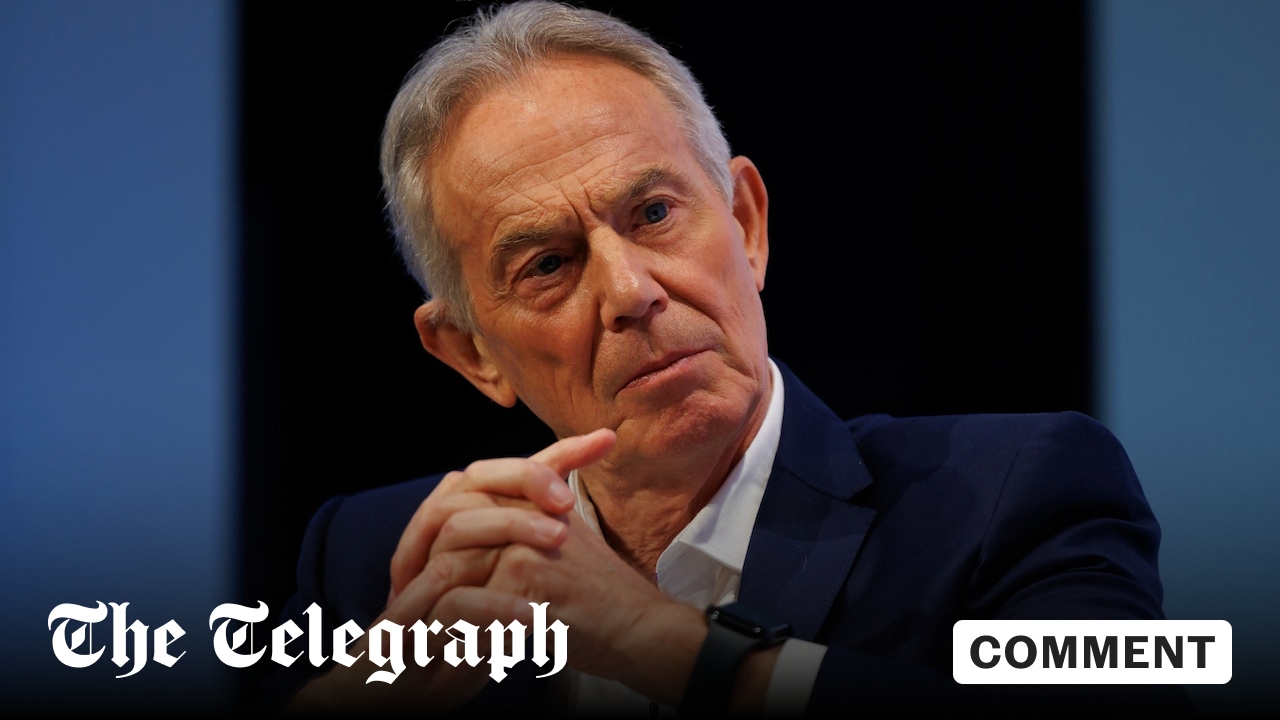Examining Blair's View: Net Zero's Central Flaw
Former Prime Minister Tony Blair's recent comments on Net Zero have sparked a renewed debate about the feasibility and implications of achieving carbon neutrality. His assertion that the current Net Zero strategy possesses a fundamental flaw has ignited controversy, prompting a closer look at the challenges and potential pitfalls of this ambitious global goal.
Blair's critique, while not explicitly detailing the "central flaw," alludes to the significant economic and social disruption that a rapid transition to a Net Zero economy could entail. This isn't a novel argument; many experts have raised concerns about the potential for job losses in carbon-intensive industries, increased energy costs for consumers, and the uneven impact on different regions and communities. But his high-profile intervention elevates these concerns to a new level of political prominence.
The Core Arguments Against Rapid Net Zero Transition
Several key arguments underpin the criticism of current Net Zero strategies:
-
Economic Feasibility: The sheer scale of investment required to overhaul energy infrastructure, transportation systems, and industrial processes is staggering. Critics question whether sufficient funding can be mobilized and whether the economic benefits will outweigh the costs, especially in the short to medium term. The potential for economic stagnation or even recession during the transition is a significant concern.
-
Social Equity: A rapid transition risks disproportionately impacting vulnerable populations. Higher energy prices could exacerbate existing inequalities, and job losses in traditional industries could leave communities economically devastated unless adequate retraining and support mechanisms are implemented. Ensuring a just transition is crucial to gaining public support.
-
Technological Readiness: While renewable energy technologies are advancing rapidly, critics argue that they are not yet mature enough to replace fossil fuels entirely. Concerns remain about the reliability and scalability of renewable energy sources, particularly in meeting peak demand. Furthermore, the development and deployment of carbon capture and storage technologies remain crucial, yet face significant challenges.
-
Geopolitical Implications: The transition to Net Zero will have profound geopolitical consequences. Competition for resources like rare earth minerals crucial for renewable energy technologies could intensify, potentially leading to conflict. Countries with significant fossil fuel reserves may resist the transition, creating geopolitical instability.
Finding a Balanced Approach: The Path Forward
Blair's intervention isn't necessarily a rejection of Net Zero, but rather a call for a more pragmatic and carefully managed approach. The central flaw, as he implies, lies in the potential for poorly planned policies to inflict significant economic and social damage without achieving the desired environmental outcomes.
A balanced approach requires:
-
Phased Transition: A gradual shift to Net Zero, allowing for adaptation and mitigation of negative consequences. This allows for technological advancements and a more equitable distribution of the costs.
-
Investment in Innovation: Significant investment in research and development of renewable energy technologies, carbon capture, and energy storage is crucial to accelerate the transition while minimizing risks.
-
Social Safety Nets: Robust social safety nets, including retraining programs, job creation initiatives, and financial support for vulnerable populations, are vital to ensure a just transition.
-
International Cooperation: Global collaboration is essential to coordinate efforts, avoid carbon leakage, and ensure a fair and equitable transition for all countries.
Conclusion:
Tony Blair's critique of Net Zero highlights the critical need for a more nuanced and carefully considered approach. While the ultimate goal of achieving carbon neutrality remains vital, the pathway to get there requires careful planning, substantial investment, and a deep commitment to social equity. Ignoring these aspects risks undermining the entire project and failing to achieve its intended goals. The debate is far from over, and finding a balance between ambitious climate action and responsible economic and social policies remains a crucial challenge for governments worldwide.

